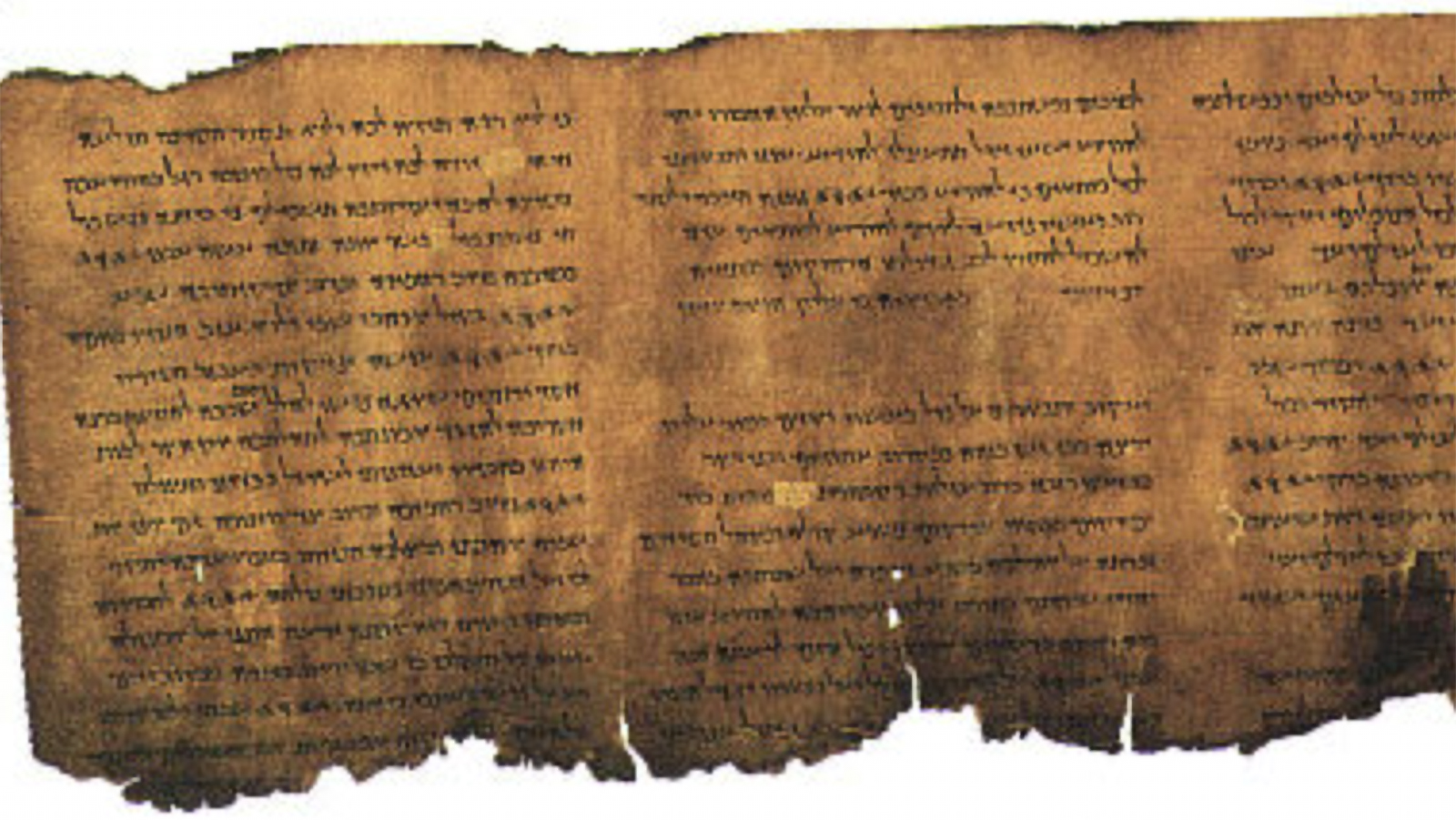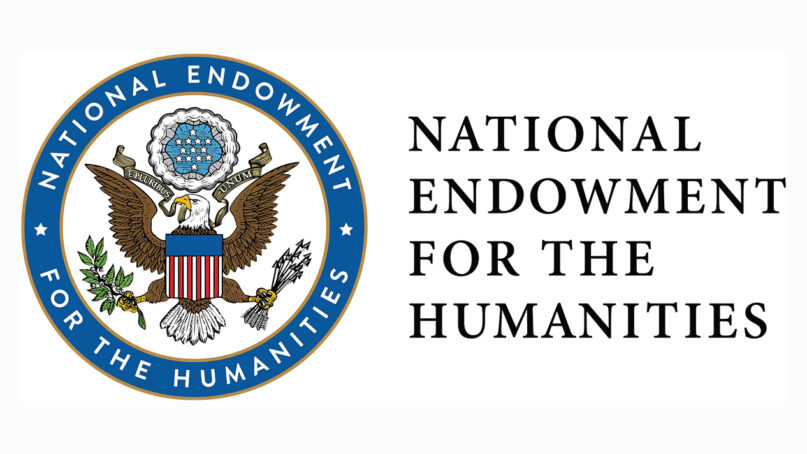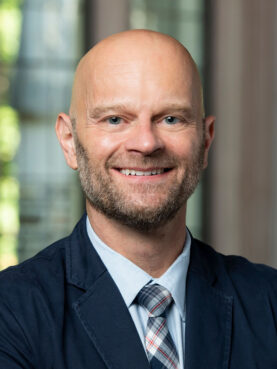
(RNS) — For Duke Divinity School, it was a highly sought-after prize: A National Endowment for the Humanities grant to create the first scholarly edition of one of the great classics of biblical literature, the Psalms.
The grant would have led to the construction of a new archetype — or the earliest recoverable version — of the Book of Psalms, using a compilation of the best archeological manuscripts unearthed so far.
Brent Strawn, a professor of Old Testament at Duke Divinity School, and Drew Longacre, a researcher and independent scholar, won the $300,000 NEH grant in 2023. It also stipulated an additional $150,000 match if Duke Divinity School was able to raise the money, which it did.
But along with nearly 1,500 other NEH grants that supported work at colleges and universities, the Psalms project was canceled earlier this month as part of the Trump administration’s purge of the independent agency that supported research and scholarship in religion as well. That purge included the elimination of 65% of NEH’s employees.
President Donald Trump ran on a campaign promise to “bring back religion” and to end what he sees as Christian persecution in America. He has signed executive orders that establish a task force, spearheaded by the Justice Department, to “eradicate anti-Christian bias.” Already, the Department of Veterans Affairs has instructed the agency’s employees to report any incidents of anti-Christian bias, including any policies “hostile to Christian views” or punishments for displaying Christian symbols.
That same administration has also taken a chainsaw to numerous grants that aim to advance understanding of Judaism and Christianity. The Psalm project at Duke is just one example.

National Endowment for the Humanities seal. (Courtesy image)
RELATED: Veterans Affairs asks employees in email to report ‘anti-Christian bias’
Among the terminated grants were $553,000 to build a new Shaker museum; $350,000 to index and document Southern sacred songs; $174,000 to train school teachers on the religious communities of early Philadelphia and their significance in the founding of the United States; and $45,000 to study the religious writings of Harriet Beecher Stowe.
Many grant recipients received a terse note saying: “The NEH is repurposing its funding allocations in a new direction in furtherance of the President’s agenda.” Strawn and Longacre received no notice at all, but their program officer broke the news by email, they told RNS on Zoom earlier this week.
Trump’s new direction for the NEH is unclear. But on Thursday (April 24), the NEH issued a call for artists interested in creating statues for his National Garden of American Heroes.
Scholars expressed their dismay at the cancellations of their grants.
“Terminating our project will have a ripple effect that will set this kind of Bible study back by a decade or more in terms of progress and innovation,” wrote Strawn and Longacre in an appeal of the decision.
The project included building a computer database of hundreds of early copies of the Psalms, a set of 150 lyrical poems beloved by Jews and Christians alike. Among the oldest scrolls are 40 fragments of the Psalms discovered in caves near the Dead Sea between 1946 and 1956, as well as about 150 medieval manuscripts and many Greek scrolls and codices.

Brent Strawn. (Photo courtesy Duke Divinity School)
All those manuscripts differ from one another in minor and major ways mostly due to scribal edits or errors. But most editions of the Psalms found in Bibles today rely on a single manuscript, commonly known as The Leningrad Codex, the oldest extant complete manuscript of the Hebrew Bible, dating to 1008. Variations from that single manuscript are usually footnoted under the main text.
Strawn and Longacre’s project was an attempt to reconstruct the best readings of the Psalms from all the versions that have been unearthed so far. The grant covered the first 50 of the 150 Psalms. Other scholars have already been selected to complete the remaining 100 Psalms.
The archetype that Strawn and Longacre were going to create, sometimes called an “eclectic” edition, would become the foundational text for all modern translations of the Bible. Bible scholars have already completed an eclectic edition of the New Testament, but none exists for the Old Testament or Hebrew Bible books.
“With around 200 volunteers, we’re training a large proportion of America’s up-and-coming Bible scholars in how to work with manuscripts and digital text editing,” Longacre said. “With that much impact for the buck, canceling the grant makes no sense.”
With the grant’s cancellation, Longacre’s position as a research associate at Duke is also being terminated. Strawn was on research leave but will now return to full-time teaching at Duke.
Eric Harvey, a postdoctoral fellow in digital humanities at Stanford University, was working on an NEH grant to improve the accessibility of ancient languages, such as Hebrew, Aramaic and New Testament Greek, in Braille for non-visual learners. His $150,000 grant, titled “Digital Accessibility for Blind Scholars of Antiquity,” was canceled.
“The administration is not only overturning efforts at diversity, equity and inclusion, but they’re also now listing accessibility,” Harvey, who is himself blind, said Friday (April 25). “This was clearly an accessibility grant, so it is something that the administration is explicitly disinvesting in.”
Caroline T. Schroeder, of the University of Oklahoma, was the principal investigator of an NEH grant to expand digital resources for studying the language, history and religion of the Coptic Orthodox community, an ancient Christian community originating in Egypt with about 500,000 adherents in the U.S. It, too, was cut.
“One of the recent NEH press releases said that they wanted to return the NEH to ‘merit-based grant programming,'” Schroeder said. “Is this implying that our work has no value? That’s insulting.”
The American Association of Colleges and Universities condemned the cuts.
“The administration’s actions target a vital agency that, although relatively small and chronically underfunded, has for the past 60 years made the humanities accessible to all Americans and supported cutting-edge research and scholarship,” the AAC&U said in a statement.
RELATED: Black churches back embattled Smithsonian African American history museum after Trump’s order
